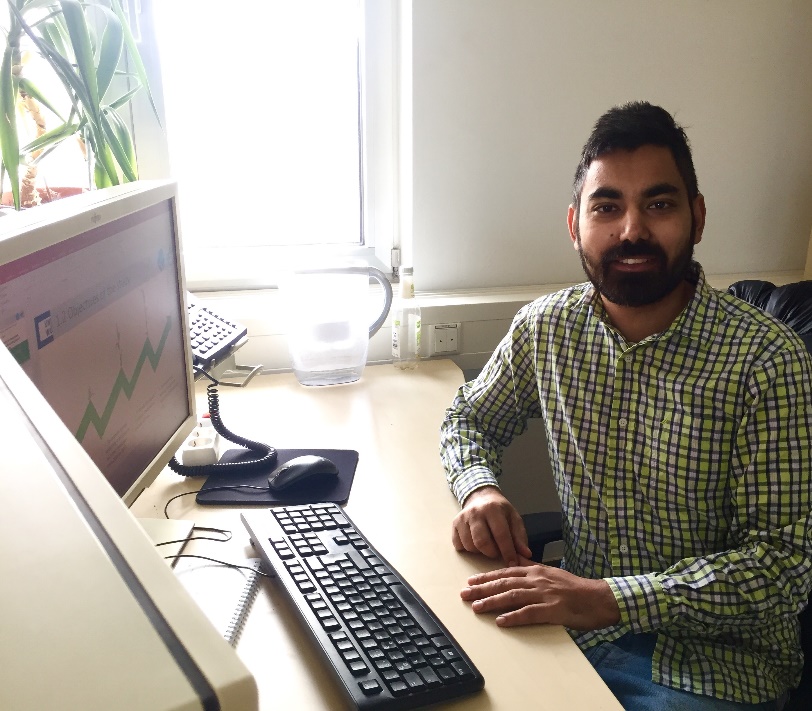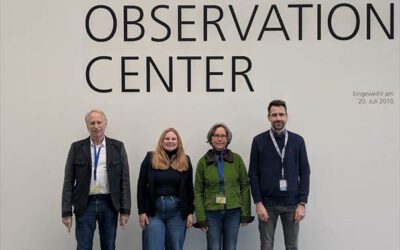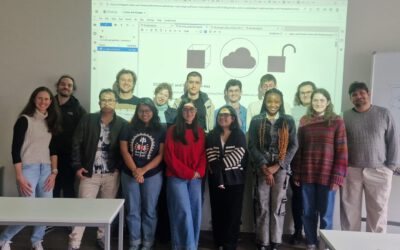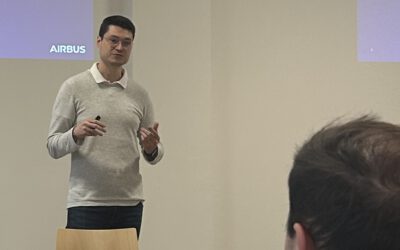
In March, Maninder Singh Dhillon will join the Department of Remote Sensing as a PhD student. He will work on observing crop statistics such as crop biomass and crop yield using crop growth models (CGMs) for the state of Bavaria, Germany. In this context, he will be designing different CGMs in collaboration with synthetic remote sensing time series, and climate model outputs for monitoring of biomass and prediction of crop yields for wheat, maize and rapeseed. His PhD project is part of the work package “Mapping of land use and ecosystem services using remote sensing” within the research project “Effects of climate change on biodiversity and ecosystem services in semi-natural, agricultural and urban landscapes and strategies for management of climate change“ (Landklif).
Maninder has been studying the department’s EAGLE Master program from 2016 to 2018, specializing in Earth Observation and Geoanalysis. He finished his studies with his Master Thesis on agriculture on crop statistics, titled “Comparing the performance of crop growth models using synthetic remote sensing data at DEMMIN, Germany”. During his Master studies, he worked as a student research assistant at the department and published two international research papers on the social issue of increasing carbon emissions due to enormous amount of groundwater usage in India. To obtain more experience on crop related statistics, he joined the department of National Ground Segment in Neustrelitz of German Remote Sensing Data Center (DFD) at the German Aerospace Center (DLR) for his internship titles “Comparing the performance of different evapotranspiration models using the weather station data of Toitz station, Germany”.
Before joining Eagles’s program, he completed his studies from Punjab Agricultural University (PAU), Punjab, India and gained some experience by working in Punjab Remote Sensing Centre, Ludhiana, India.









